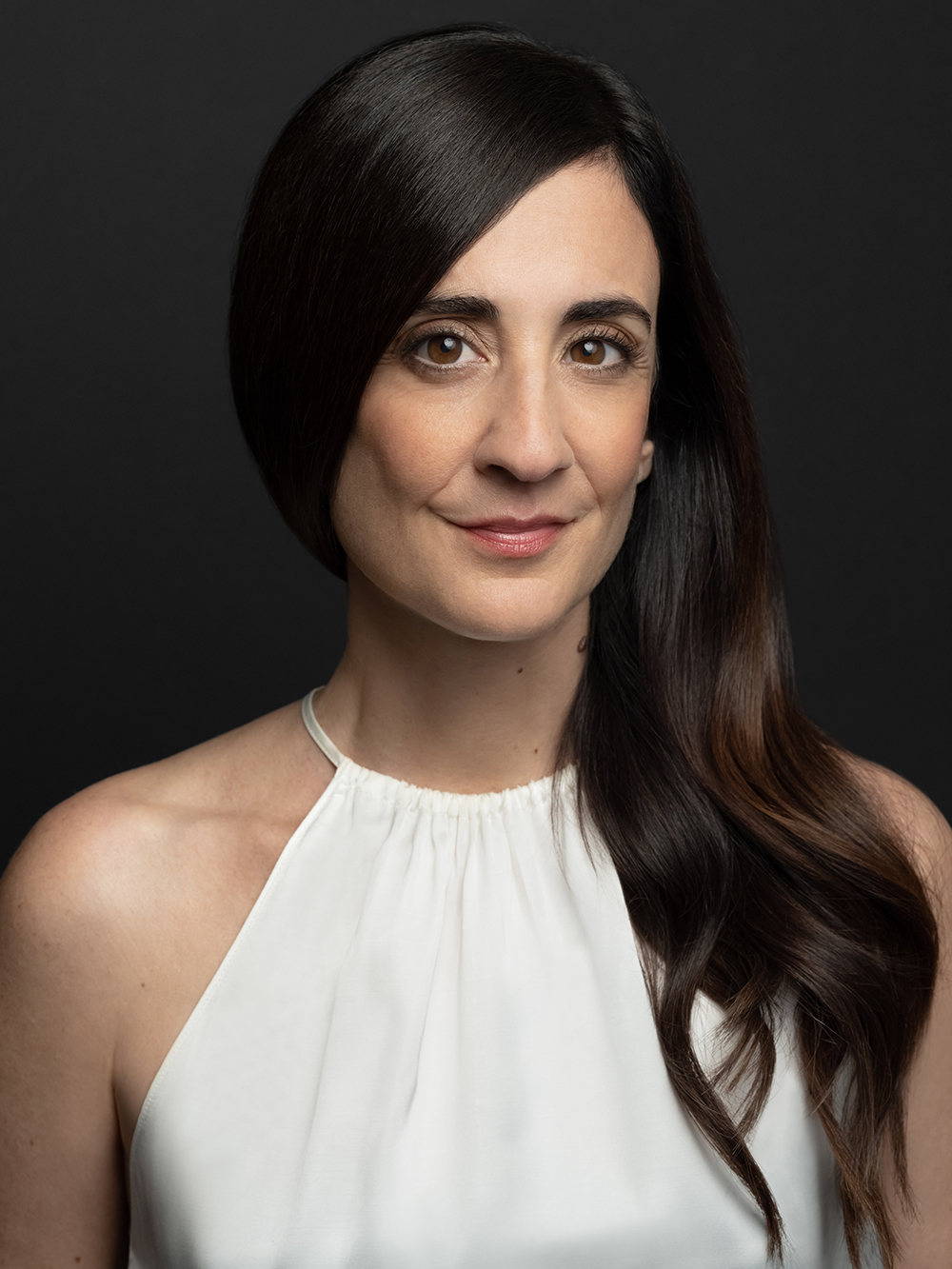
‘I am an Adina,’ the four-year-old protagonist of Marie-Helene Bertino’s Beautyland writes to her extraterrestrial superiors on Planet Cricket Rice, which is light years away from Earth. ‘Yesterday I saw bunnies on the grass,’ she adds, using the fax machine her mother retrieved from their neighbour’s trash. ‘DESCRIBE BUNNIES,’ they respond, sparking a dialogue that continues well into her adulthood.
Adina’s premature birth in September 1977 coincided with the departure of the Voyager 1 probe, which was launched with a phonograph record of sounds intended to explain human life to intelligent extra-terrestrials. The timing is significant because Adina was sent to Earth from Planet Cricket Rice to report on human life.
Or so she thinks – for speculative fiction, Beautyland, which takes its title from a ‘dash-to-in-a-pinch supply store that contains what humans believe are necessities’, is strongly grounded in realism. Bertino’s third novel, published in the US last year, intersperses Adina’s story with news flashes from the intergalactic front line, from the 1991 discovery of exoplanets outside our solar system to the 2017 revelation of the interstellar asteroid Oumuamua.
Like E.T. (Adina will later watch the film at the cinema, bemoaning the choice of popcorn – ‘the loudest sound on Earth’– as the official food of movie-watching), she longs to return home. She has faith that this will happen, despite growing up in north-eastern Pennsylvania with her single Sicilian mother, Térèse.
Adina keeps her alien existence mainly to herself, but before quitting college to move to New York she tries to tell Térèse the truth:
She uses the word extraterrestrial, hoping it will sound less scary to her mother and because she has never understood what she is allegedly alien to. The word is derogatory and overly general.
Throughout the novel, Bertino makes a strong case for individualism. The joy of Adina, a delightful character, is how she gets people to look at life through fresh eyes. She is very much Team Yoko, telling her superiors how the Beatles
sing about vanilla desires, and in reward the world turns them into an institution… Yoko Ono shows up, ideal for othering: petite, Asian, maker of hard art that dares to venture beyond the idea of holding a girl’s hand.
If a künstlerroman is a novel about an artist maturing, this is an ausländerroman, a foreigner coming-of-age story that is as tender as it is witty and perceptive. When Adina, who suffers from sensitivity to certain sounds, such as people swallowing, gets diagnosed with misophonia, ‘she wonders what other rational human qualities she wrote off as extraterrestrial because of a human’s tendency to other what they don’t understand’. Beautyland is a novel that celebrates being different and reminds us that we are all, in our own way, a little bit alien.








Comments